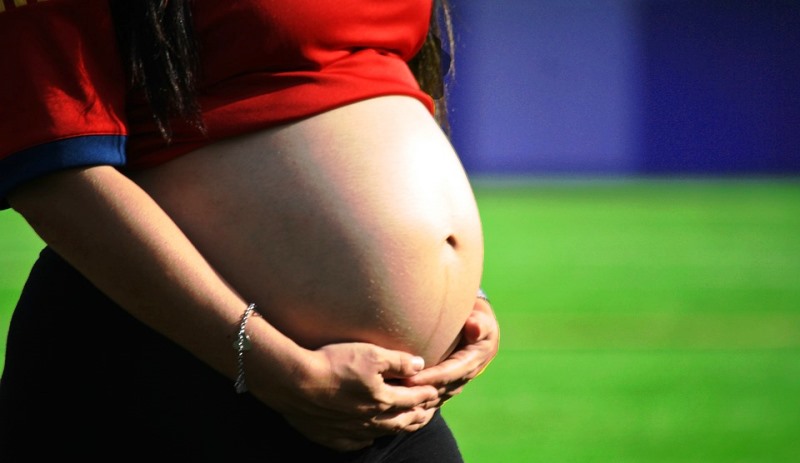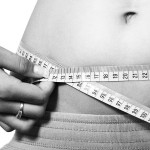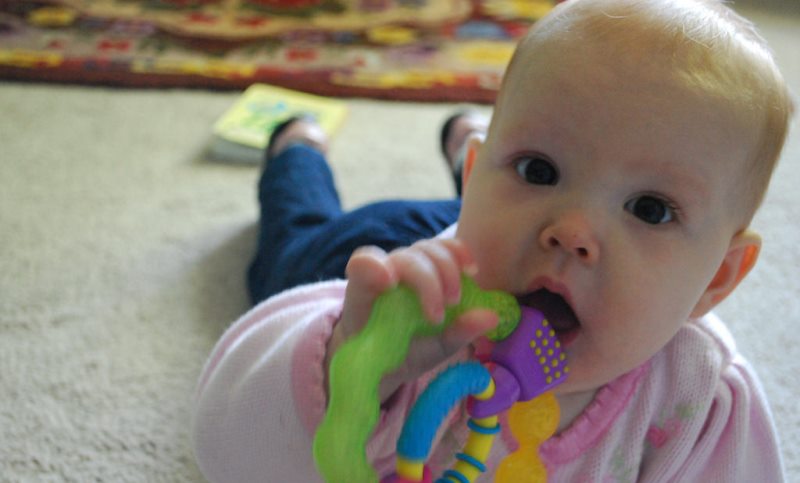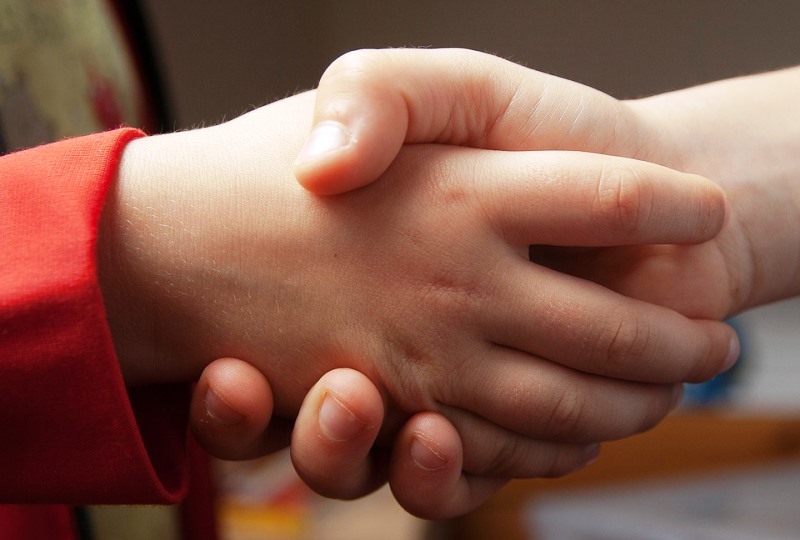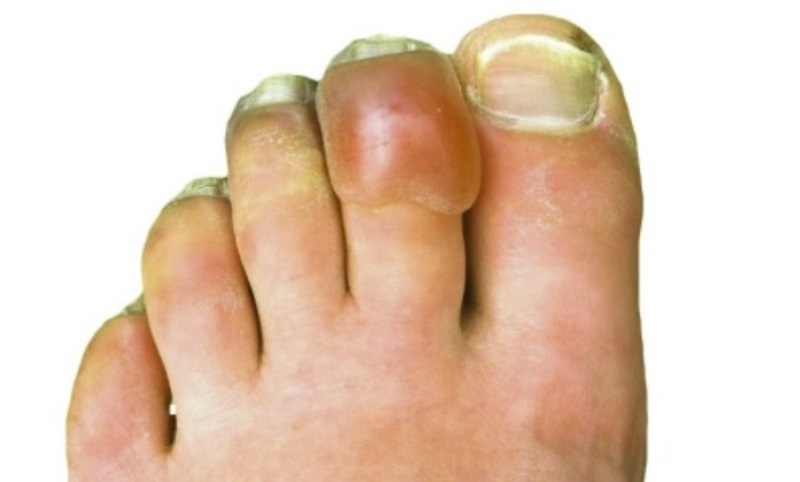A good diet during pregnancy is crucial for the health of both the mommy-to-be and the baby. When you are pregnant, you need pay extra attention to what you eat and the amount you eat, since your baby gets its nourishment from the food you send down the tummy! But this does not, in any way, mean that you need to eat for two people, since your activity level isn’t as high as it was pre-pregnancy.
Suggested read: 7 important things to consider when you get a pregnancy scare
Don’t know how to go about the whole diet regime during pregnancy, anymore? Well, that’s what we are here for! Here is a list of what you MUST eat, what you should avoid, and how much of each, worked out just for you.
1. Vitamin A
If you have too much Vitamin A in your diet, it can harm your baby. Always read the container before taking any vitamin supplements. According to the National Research Council, during pregnancy, a woman’s vitamin intake should not cross 1000 retinol equivalents a day. The average balanced diet has 7000 to 8000 IU of Vitamin A, from different sources.
2. Vitamin D
Indulge yourself in foods that are filled with Vitamin D. This not only helps your baby develop strong teeth, bones and nails, but is also vital for you. To get the best of the vitamin, complement it with a heavy dose of calcium. A 1000 to 1300 mg of calcium is essential in your daily pregnancy diet. You can take calcium supplements too, but before doing that have a talk with your doctor.
3. Folic acid
You must consume one source of folic acid every day during your pregnancy. The central nervous system of the baby starts developing in the first trimester itself, and so you need to stock up on your folic acid. Some of the best and easily available sources of folic acid are lentils, avocados, dried beans and citric fruits & juices. Folic acid helps you prevent chances of your baby developing a neural tube defect called spina bifida.
4. Fresh fruits and veggies
Fruits and fresh vegetables are a staple in a pregnancy diet. They are the best sources of essential vitamins and fiber. But you need to be careful about a few things. Like, always rewash bagged leafy veggies to get rid of the salmonella or E coli on their surfaces. Even if you don’t eat the outside skin of a fruit or vegetable, wash it, cautiously. If you neglect that, according to Madeleine Sigman-Grant, Maternal Child Health and Nutrition Specialist at the Nevada University, you will be dragging the germs into the flesh when you cut it.
But, Sigman-Grant suggests that you mix things up, to get the best of your pregnancy diet, by offering a healthy assortment of nutrients to your baby. She says,
“Don’t rely on the same foods every day. You dramatically diminish your risk of being exposed to something harmful if you eat a variety.”
Foods to avoid during pregnancy
During pregnancy, some foods are off-limits because of a number of reasons, such as,
Firstly, it can harm your baby;
It can affect your health;
Your immune system is now vulnerable to food-related diseases;
It can dehydrate your system, which in turn, affects the baby.
It can result in something as unfortunate as a miscarriage.
So, isn’t it better to be safe than sorry? Here are the most common food-culprits you must avoid during pregnancy.
1. Alcohol
Alcohol is infamously associated with premature delivery, birth defects, physical and intellectual disabilities and low birth weight.
According to a number of doctors, however, an occasional drink does no harm. Amy Quinn, a mom from New Jersey, remembers her pregnancy days and says,
“My doctor told me I could have up to 4 ounces of red wine once or twice a week and that it would actually be good for me.”
So, could one say that the rules on drinking during pregnancy have changed. ABSOLUTELY NOT. Many experts warn that heavy drinking can result in FAS, which is, Fetal Alcohol Syndrome. FAS causes retardation of mental abilities of the child, and can also lead to several other abnormalities. March of Dime, holds that even moderate or occasional drinking can trigger mental and physical deficiencies that are more intricate. Since there is no finding that states the exact amount of alcohol that can cause FAS, we suggest you steer clear of it, totally. That is a smarter choice.
2. Eggs
Raw eggs are tainted with salmonella, at times, Salmonella is a bacterium which causes fever, diarrhea, unsettled stomach, etc. Stay away from homemade eggnog or restaurant-served Caesar salad, or even soft scrambled eggs.
According to Madeleine Sigman-Grant,
“If the eggs are cooked, you don’t run any risks anymore.”
3. Sushi and some varieties of fish
Apart from cooked items, sushi should be avoided during pregnancy because of the illness-inducing parasites it contains.
Fishes are filled with Omega-3 fatty acids, which is great for a baby’s brain growth and development. However, some varieties of fish must be dodged because of their high methyl-mercury levels. This pollutant can harm your baby’s central nervous system. Examples of these fishes include, swordfish, shark and tilefish.
All fish species that live longer must be avoided, because they accumulate more mercury in their body.
Your weekly intake of safer fishes must also be limited since they contain mercury traces too. According to the FDA, only consume 12 ounces of fish, which is around two meals, a week. Go for fishes that have a low-mercury level, such as, salmon or catfish or even shrimp and light tuna.
Suggested read: Pregnancy pampering for expecting mothers: What is safe and what isn’t
4. Unpasteurized juice
Ciders and other unpasteurized juices should not be a part of your pregnancy diet. Pasteurization is crucial since it ensures that the product is bacteria- and toxin-free. Majority of juices and milk cans you see in the local stores are pasteurized. So check the carton label for that information.
5. Caffeine
You should not indulge in more than 300 mg of caffeine a day. The caffeine content in your coffee depends on the coffee beans used, and the way it was prepared. A cup of coffee (say, 8 ounces), generally has around 150 mg of caffeine, while black tea has about 80 mg. You need to remember that even chocolate has caffeine: A chocolate bar has a caffeine content equal to one-fourth of a cup of coffee.
6. Cooked deli meat
Jennifer Vito is a new mom from San Antonio. She loves deli meat, and so, when her doctor told her that she has to put a stop on that, her reaction was,
“If I cannot have deli meat, what am I supposed to eat for lunch?”
If Vito has spoken for you, you must know that deli meat is off-limits coz of listeriosis concerns.
Vito says she found her alternative in peanut sandwiches and veggies, but it was not the same as deli meat, of course. According to doctors, deli meat can be eaten during pregnancy only if it is heated first to kill the bacteria. So what you can do is, pop your sandwich open, and place it in the microwave. Now heat until the meat is steaming hot.
If you do not want to go through the pain of intensive heating, and don’t want to risk listeriosis, either, try other high-protein brunches like a veggie burger or a bean burrito or chicken salad, topped with low fat mayonnaise.
Food cravings during pregnancy are normal
Belgian chocolate, gherkins or is it something else that you are craving right now? Well, firstly, I ain’t pregnant, but I am craving the same things. And secondly, and more importantly, this happens to every preggie woman. So chill! You just have to be smart about the craving, and maintain a balance between when to give in and when to say no. That’s all!
Calorie intake during pregnancy
According to the BabyCentre Medical Advisory Board,
“When you’re pregnant, your body makes even better use of the energy you get from your food. This means you don’t actually need any extra calories for the first six months of pregnancy, despite what you may have heard.”
In the last trimester, you need to consume only 200 extra calories each day to support the growth and development of your baby.
“This is equivalent to, a couple of oatcakes with mashed avocado on top, a toasted pitta bread with two tablespoons of hummus, and a slice of whole-meal toast with a small can of baked beans.”
Your appetite will guide you best about how much food your body needs, and you will observe that your appetite will fluctuate a lot during your pregnancy.
The Medical Advisory Board, speaking about diet during pregnancy, explains,
“In the first few weeks of pregnancy, your appetite may fall away dramatically and you may not feel like eating proper meals, especially if you have nausea or sickness. Bland, starchy foods such as plain crackers may be all you feel like eating.
During the middle part of your pregnancy, your appetite may be the same as before you were pregnant, or slightly increased. Towards the end of your pregnancy, your appetite will probably increase.”
Suggested read: 8 pregnancy myths you need to stop believing – NOW!
The best rule for diet during pregnancy is to eat healthy foods in a balanced way, while gaining weight steadily as the baby grows.
Was this guide helpful? Let us know in the comment section below.
For more on everything a mom needs to know about pregnancy, the “befores” and the “afters”, sign up for our daily newsletter today. Ciao!
Featured image source: Pixabay, under Creative Commons License
